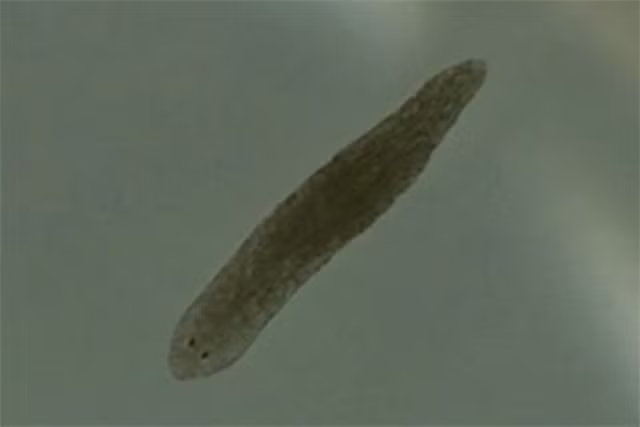They might look like nothing more than slimy specks wriggling in a pond, but flatworms called planaria could be the next big thing in brain research — and they might save millions of lab rats and mice in the process.
A team at the University of Reading has found that these tiny creatures, just a few millimeters long, react to psychiatric drugs in strikingly similar ways to mammals. When given haloperidol, a common antipsychotic used to treat schizophrenia, the worms slowed down and became far less active — the same response seen in mice and rats.
That’s a big deal, because right now UK labs rely heavily on rodents to test brain drugs. In 2023 alone, scientists used over a million mice and rats for experiments. And while animal testing has helped unlock countless medical breakthroughs, it’s also under increasing scrutiny for ethical reasons.
“Planaria could give us answers about the brain while sparing hundreds of thousands of rodents,” said Professor Vitaliy Khutoryanskiy, who led the research. “It’s good for science and it’s good for animal welfare.”
Planaria aren’t entirely new to the lab scene. Previous studies have used them to test epilepsy drugs and even study addiction, since they show withdrawal symptoms when exposed to certain substances. They also have a bizarre superpower: if cut in half, they can regenerate entire body parts — even a new brain.
The new findings, published in Pharmaceutical Research, suggest that these humble worms could become key players in developing treatments for mental health conditions such as schizophrenia, hallucinations, and addiction.
The hope is that planaria could dramatically cut down the number of rodents needed for experiments while still giving researchers reliable insights into how drugs affect the brain.
As Khutoryanskiy put it:
“Tiny worms may not look like much, but they could help shape the future of mental health treatments.”
With input from the Independent and EuroNews.










The latest news in your social feeds
Subscribe to our social media platforms to stay tuned